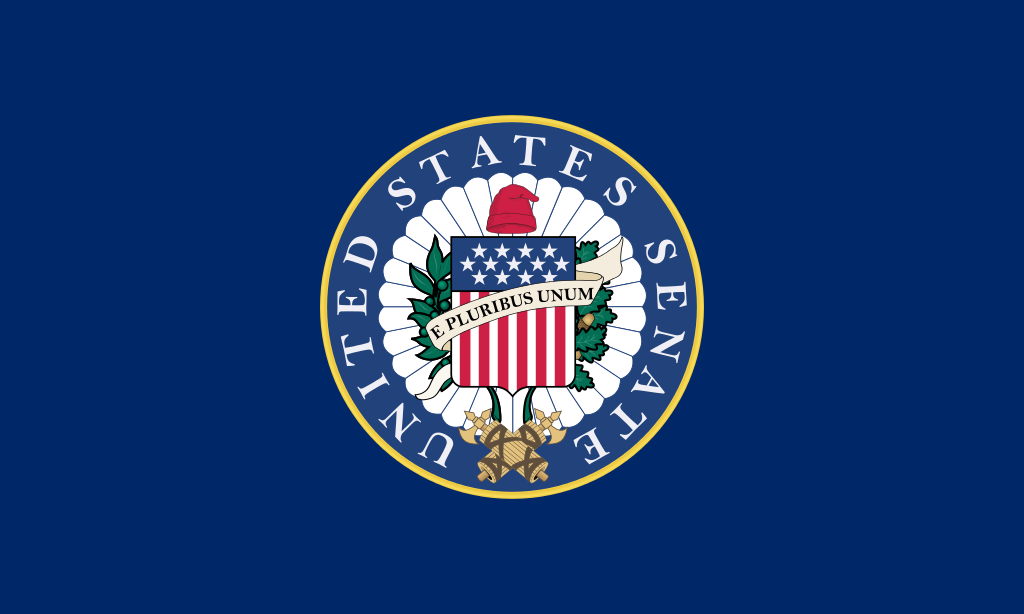
Name: the Congressional Record of the United States of America
Bio: The Congressional Record is the official record of the proceedings and debates of the United States Congress, published by the United States Government Printing Office and issued when Congress is in session. Indexes are issued approximately every two weeks. At the end of a session of Congress, the daily editions are compiled in bound volumes constituting the permanent edition. Statutory authorization for the Congressional Record is found in Chapter 9 of Title 44 of the United States Code. (wikipedia)
Website: https://en.wikipedia.org/wiki/Congressional_Record
Profile Link: https://opensiddur.org/profile/united-states-congressional-record

Name: Gerald Kane
Bio: Rabbi Gerald M. Kane (April 29, 1944 - May 29, 2015) was born in Paterson, New Jersey. He earned his bachelor’s degree at the University of New York, Buffalo, and his Reform rabbinic ordination from Hebrew Union College-Jewish Institute of Religion in Cincinnati in 1970. Rabbi Kane served The Temple, Congregation B’nai Jehudah in greater Kansas City in the 1990s as its rabbi educator. After leaving B’nai Jehudah, he became rabbi at Temple Beth El, in Las Cruces in 1998. He retired in 2007 at which time he became rabbi emeritus. In retirement, he was the volunteer theatre and opera reviewer for the Las Cruces Bulletin as his “way of giving back to the community,” which warmly welcomed him in 1998.
Website: https://tbelc.org/gerald/
Profile Link: https://opensiddur.org/profile/gerald-kane
